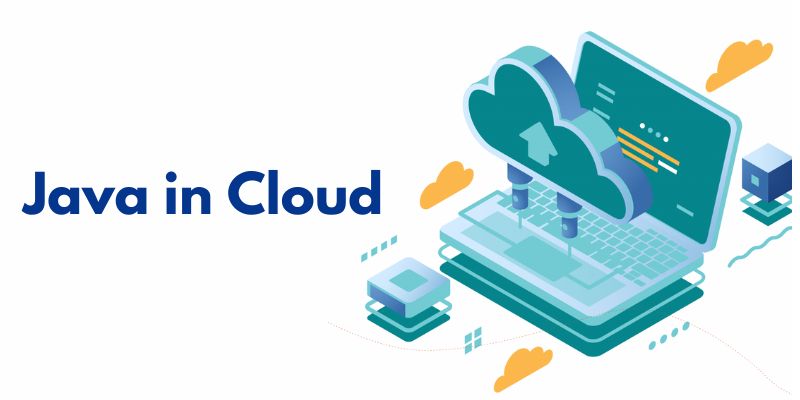In the dynamic landscape of modern technology, the integration of programming languages with cloud computing has become crucial. One language that has proven to be indispensable in this realm is Java. Known for its portability, scalability, and versatility, Java has found a significant place in cloud computing. This blog explores the various ways Java is employed in the cloud, highlighting its importance and impact on the ever-evolving technology ecosystem. In this blog will discuss How Java is used in the Cloud. To learn more about Java, You can go for Java Training in Chennai and build a robust skill-set working with the most powerful Java tools and technologies to boost your big data skills.
Java’s Role in Cloud Development
Java’s compatibility with the cloud is rooted in its ability to offer cross-platform support. Cloud platforms often consist of diverse environments, and Java’s “Write Once, Run Anywhere” philosophy makes it an ideal choice for developers. This means that a Java application developed on one platform can seamlessly run on any device or cloud infrastructure, enhancing flexibility and reducing development effort.
Microservices Architecture
One of the key trends in cloud development is the adoption of microservices architecture. Java, with its modular approach, aligns perfectly with this architecture. Developers can break down monolithic applications into smaller, independent services that communicate via APIs. Java’s robust support for building microservices enables agile development, scalability, and easier maintenance in cloud environments. FITA Academy’s Java Online Course will help you learn effectively and get a clear understanding of the concepts and curriculum.
Containerization and Java
Containers have become a cornerstone in cloud deployment, and Java applications are no exception. Docker, Kubernetes, and other containerization technologies provide a consistent and efficient way to package, deploy, and manage applications. Java applications packaged in containers are more portable and can be seamlessly moved between different cloud environments. This enhances scalability and facilitates the deployment of applications in a cloud-native fashion.
Serverless Computing
Java’s adaptability extends to serverless computing, where developers focus on coding writing without managing the underlying infrastructure. Serverless platforms like AWS Lambda and Azure Functions support Java, allowing developers to build scalable and cost-effective applications. Java’s compatibility with serverless computing empowers developers to focus on writing company logic without the burden of server management, optimizing resource utilization in the cloud.
Java’s Security Features in Cloud Environments
Security is paramount in cloud computing, and Java has robust features that enhance the overall security posture of applications. Java’s platform security includes features like the Security Manager, which controls access to resources, and the Java Authentication and Authorization Service (JAAS), which enables secure user authentication. These features make Java applications well-suited for cloud environments where data integrity and user authentication are critical.
Integration with Cloud Services
Java seamlessly integrates with various cloud services and APIs, enabling developers to harness the power of cloud resources. Whether it’s storage, databases, messaging services, or AI capabilities, Java has libraries and frameworks that facilitate smooth integration with popular cloud platforms such as AWS, Azure, and Google Cloud. This integration simplifies the development process and enhances the functionality of Java applications in the cloud.
Java’s adaptability and compatibility in the cloud make it indispensable. From microservices to serverless computing, Java excels in building scalable applications. Its robust security and seamless integration affirm its pivotal role, solidifying Java as the go-to language for cloud-centric applications in evolving technology. Finally, you enjoyed this blog and now understand everything about Java, including How Java is used in the Cloud. Programming Courses In Chennai will help you grasp java concepts and learn practical applications with case studies and hands-on exercises.
Read more: Java Interview Questions and Answers
